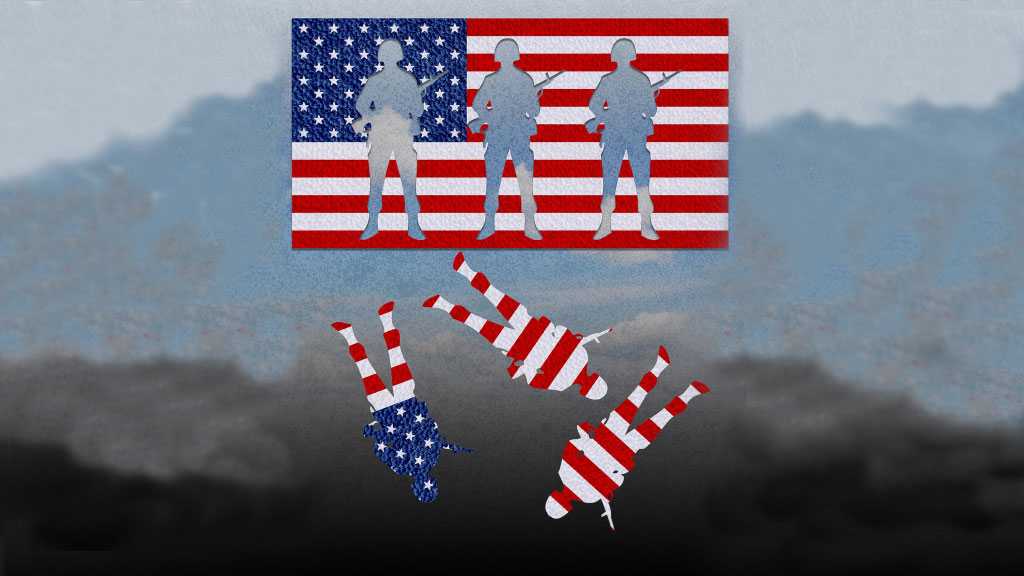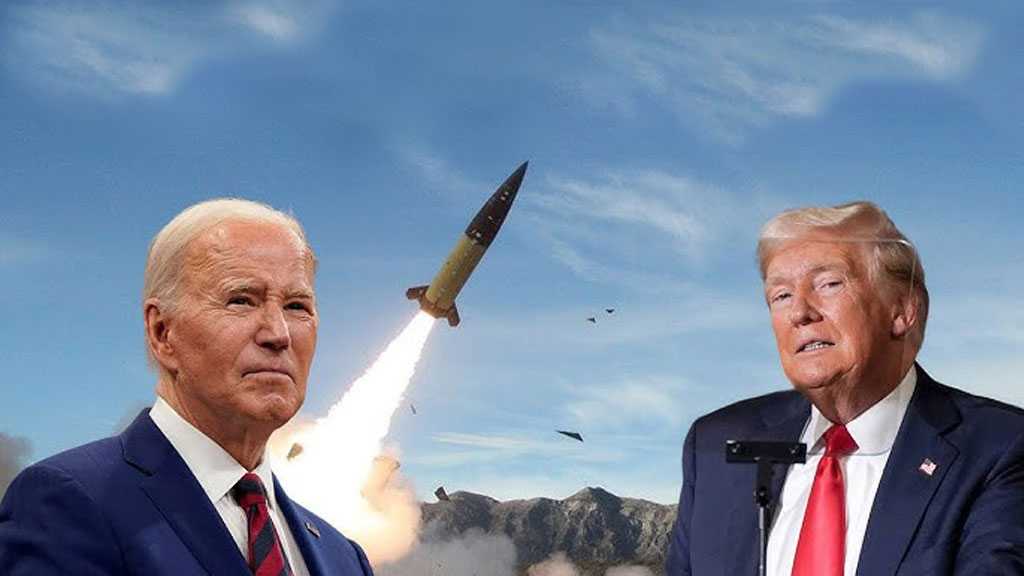
WP: The Struggle of Military Recruitment in a Divided America

By Staff, Washington Post
In an era where patriotism seems as polarizing as politics, the US military faces an uphill battle in its recruitment efforts. Gone are the days when recruiters could rely on a steady stream of eager young patriots ready to serve. Today, they're navigating a landscape fraught with skepticism, distrust and a profound sense of "national" division.
A Crisis of Confidence
Sergeant 1st Class Dane Beaston knows this struggle all too well. As an Army recruiter, he's on the front lines of what's become a Herculean task: convincing young Americans to enlist in a time of peace and prosperity – and widespread institutional mistrust.
"It's not just about signing up for service anymore," Beaston explains. "We're battling against a tide of cynicism that's swept across the country."
He's not exaggerating. Gallup surveys paint a stark picture: trust in the military has plummeted from a robust 80 percent in the 1990s to a more tepid 60 percent today. And it's not just the armed forces feeling the heat. From the marble halls of the "Supreme Court" to the local school board, American institutions across the board are grappling with a crisis of confidence.
A Nation at Odds with Itself
This erosion of trust is symptomatic of a deeper malaise. America, it seems, is a nation increasingly at odds with itself. The political arena has become a battleground where partisan rhetoric often frames the greatest threats to the country as internal rather than external. In this climate, the very notion of "national" service becomes a complex and contentious issue.
"We're not just recruiting soldiers," says one senior military official who spoke on condition of anonymity. "We're trying to sell the idea of America itself – and that's a tough sell when the country can't agree on what it stands for."
The numbers tell the tale. Only 9 percent of young Americans now express a likelihood to consider military service, down from 16 percent during the peak of the Iraq and Afghanistan wars. It's a decline that speaks volumes about the changing perceptions of "national" duty and purpose.
Changing Faces, Changing Attitudes
Compounding these challenges is a demographic shift that's reshaping the recruitment landscape. In places like Toms River, New Jersey, a burgeoning Latino population represents both an opportunity and a challenge for military recruiters.
"We're adapting," says Captain Maria Rodriguez, a bilingual recruiter. "It's not just about speaking the language. It's about understanding cultural nuances, addressing family concerns and showing that the Army can be a path to the American dream."
But even as the Army deploys Spanish-speaking recruiters and tailors its approach, the underlying issues of trust and "national" identity persist.
Bridging the Divide
In response to these multifaceted challenges, the Army has launched a series of initiatives. The Future Soldier Preparatory Course aims to help potential recruits meet the rigorous standards for service. New advertising campaigns seek to reframe military service for a generation raised on social media and instant gratification.
But Major General Alex Fink, head of Army marketing, acknowledges that these efforts alone aren't enough. "We're not just selling a job," he says. "We're trying to rekindle a sense of "national" purpose. And that's a mission that goes far beyond our recruitment offices."
As the Army grapples with these recruitment challenges, it's clear that the issues at play extend far beyond the military. They touch on fundamental questions about American identity, shared values and the meaning of citizenship in the 21st century.
The path forward, it seems, will require more than just better recruitment tactics. It will demand a "national" reckoning with the divisions that have eroded trust in our institutions and with each other. Only then can America hope to bridge its divides and rediscover the common purpose that has long been the bedrock of its strength.
In the meantime, recruiters like Sergeant Beaston will continue their work, one conversation at a time, trying to sell not just a career in the Army, but a vision of an America worth serving.



